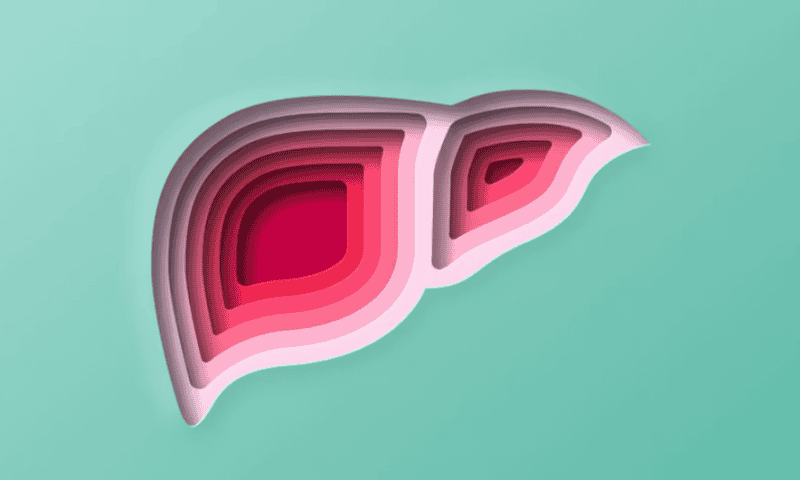Even after raising $21 million in equity last week, BioVie is still axing the biotech’s “most de-risked program,” a phase 3-ready investigational infusion for patients with refractory ascites, a common complication of liver cirrhosis.
The Nevada-based biotech has terminated a phase 2b trial evaluating BIV201 for refractory ascites after half of the intended patients were enrolled, according to a March 11 release. The trial had 15 patients at the time of termination, according to ClinicalTrials.gov.
BIV201 is a vasopressin V1 receptor agonist made of terlipressin acetate, the former of which is marketed under the name Terlivaz to improve kidney function for adults with hepatorenal syndrome. The FDA granted BIV201 orphan designation for ascites in 2016 and then fast-track status a year later. Currently, there’s no approved treatment specifically for the condition.
Data showed that BIV201 reduced ascites fluid buildup by over 50% in those that had completed treatment, BioVie said.
While many biotechs shutter high-risk programs, BioVie dubbed BIV201 their “most de-risked program,” in a March 11 news release. The biotech added that BIV201 “unfortunately is a program that will take two years to complete.”
“We look forward to partnering this program with a company interested in developing the first potential treatment for ascites and related complications potentially at an earlier stage of cirrhosis,” BioVie CEO Cuong Do said in the release.
The company has already met with the FDA about designing a phase 3 study for the ascites candidate. Pending partnership funding, the phase 3 trial is set up to focus on cirrhotic patients with ascites who have experienced an acute kidney injury.
The discontinuation comes on the heels of a $21 million equity financing round that will be used to help fund BioVie’s NE3107 as a potential first-line monotherapy in Parkinson’s disease. A phase 2b trial assessing the experimental oral therapy is set to launch this summer.
Just a few months ago, BioVie reported that a phase 3 trial assessing NE3107 in Alzheimer’s disease failed to hit the main goal, though the biotech blamed “protocol deviations” at several clinical trial sites for the failure and claimed that the evaluable data still shows the candidate improves cognitive function.
BioVie had enrolled 439 patients across 39 trial sites, but “found significant deviation from protocol and Good Clinical Practice violations at 15 sites” and had to exclude the patients from analysis, meaning the study failed to hit the co-primary endpoints assessing cognition and function.
The company is now creating a once-daily formulation of NE3107 to use in a repeat of the phase 3 trial for patients with mild to moderate Alzheimer’s. The new formulation is expected to be ready in early-to-mid 2025.
“We have great hopes for the Alzheimer’s program, but resources and the expected availability of a once-daily version of NE3107 makes delaying a year the best solution for patients and shareholders,” said Do.

